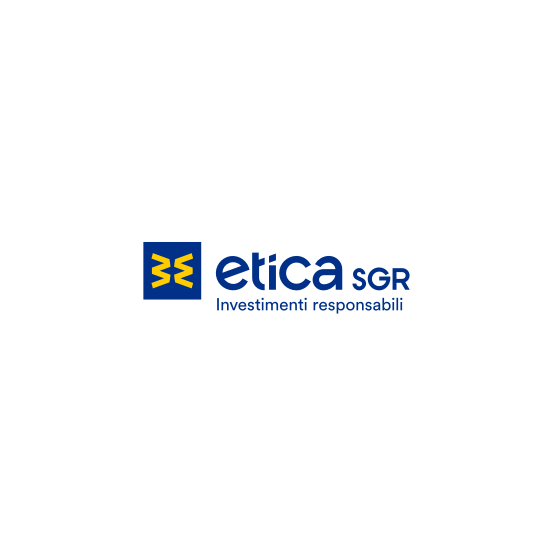For the second year, on 16 June 2015, Etica Sgr voted at the annual shareholders’ meeting of Toyota Motor drawing management’s attention to some aspects linked to corporate sustainability. Toyota is Japan’s largest automobile company and it produces and sells vehicles across the world.
The shareholders’ meeting was called to renew the Board of Directors and the company suggested to the shareholders the confirmation of the nine members already present in 2014 and the election of three new directors in the capacity of “inside directors” (non-independent directors). Etica Sgr expressed a favourable vote to the election of 12 members whose profiles raised no objections and abstained from the appointment of the director Mr. Uno Ikuo given the conflicts of interest deriving from the numerous roles covered. Etica Sgr voted in favour of the election and confirmation of four statutory auditors and one alternate auditor.
Etica Sgr, albeit having deemed positive the decision by Toyota to request approval in the shareholders’ meeting of the fees allocated to the Directors despite not being required to do so under Japanese legislation, in line with point 1.6 of its guidelines on shareholder engagement, decided to vote against. The reasons for that vote lie in the absence of clear information relating to the increase of the remuneration from 2013 to 2014 and the performance indicators underlying the payment of that fee. It has not been possible to assess if the remuneration is linked to performances of socio-environmental nature and there is no reference to the average market remuneration; therefore, it has not been possible to assess the coherence between the fees allocated and the results achieved in the same time period.
In addition, Etica Sgr voted in favour of approving the amendments to the articles of association considering them necessary to fulfil regulatory requirements.
Finally, Etica Sgr voted against the introduction of amendments to the articles of association to introduce shares with voting rights and restrictions on transfer (Model AA Class Share) and for the approval of an issuance of securities amounting to a maximum of 150 million type AA shares. Etica Sgr took that decision because there has not been sufficient transparency on the reasons at the basis of that type of onerous financing and not other less onerous issuances; in addition, as the Class AA shares are not listed and not transferrable, they will only be allocated to private Japanese investors. That decision infers that the Company wishes to self-select its investors and that it wishes to incentivise a stable shareholder structure, silent and passive (private Japanese investors), rather than to incentivise institutional investors more attentive to engagement activities with the Companies.
Engagement Foreign companies


